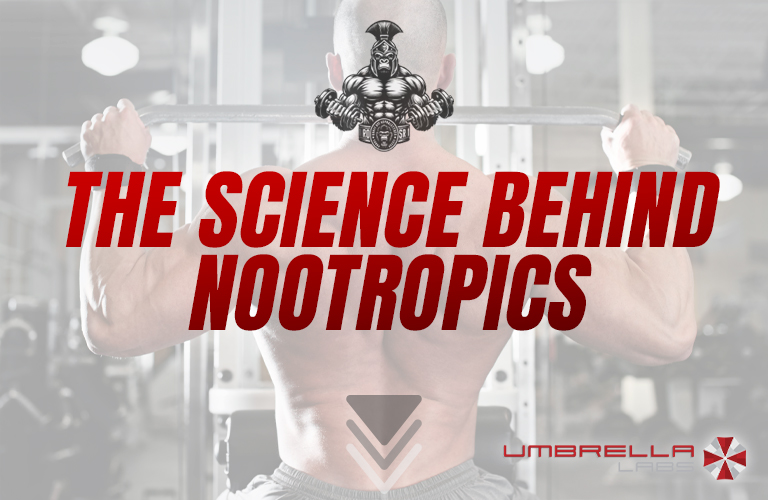
Nootropics, commonly referred to as “smart drugs” or cognitive enhancers, are substances that improve cognitive function, particularly executive functions, memory, creativity, and motivation, in healthy individuals. The term was introduced in the 1970s by Dr. Corneliu E. Giurgea, who developed Piracetam, one of the earliest and most well-known nootropics. The word “nootropic” combines the Greek words “nous,” meaning mind, and “trepein,” meaning to bend or turn, indicating the ability of these substances to positively influence cognitive processes.
What Defines a Nootropic?
To be classified as a nootropic, a substance typically meets several criteria defined by Dr. Giurgea:
Enhancement of learning and memory: Nootropics should facilitate learning and improve memory.
Support for brain function under disruptive conditions: They should protect the brain against various types of harm, such as from toxins or physical injury.
Neuroprotective properties: Nootropics should safeguard the brain from physical and chemical damage.
Few side effects and non-addictive: Nootropics should have minimal side effects and not induce significant sedative or stimulant effects.
Safe for long-term use: Nootropics should be safe, even with prolonged use.
Structure vs. Function
Unlike traditional drug classifications that focus on the chemical structure, nootropics are defined by their effects on the brain. This functional approach means that a wide variety of substances—from synthetic molecules to natural herbs— can be classified as nootropics as long as they enhance cognitive function safely. This diversity in structure and mechanism underscores the broad potential of nootropics to positively influence the brain, making them a unique and versatile class of compounds in neuroscience.
As research continues to evolve, the science behind nootropics is uncovering new mechanisms by which these substances can enhance cognitive abilities. Whether through neurotransmitter modulation, neuroprotection, or improved blood flow to the brain, nootropics offer a promising avenue for optimizing brain function.


